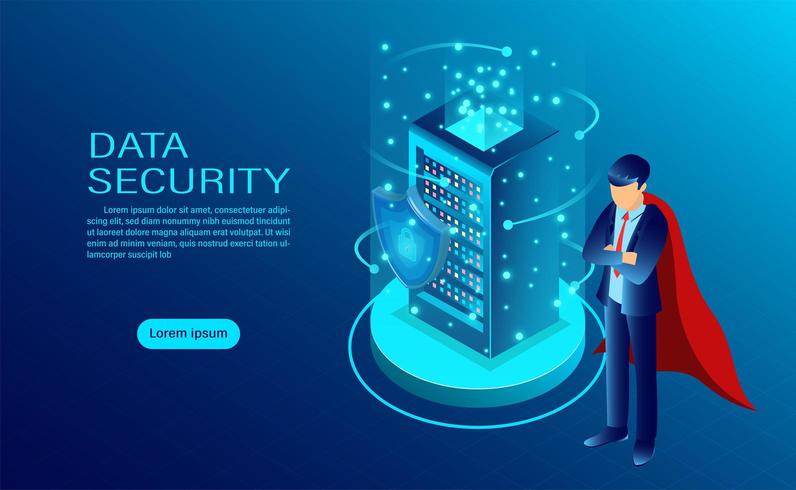
Cybersecurity professionals: the heroes of tomorrow?
Without understanding exactly why, there has been a tendency to associate the notions of artificial intelligence and ethics in the field of IT.
While this has a positive aspect, it cannot help to understand the contours of these different concepts. So it would be interesting to question the scope of the concept of ethics in the field of IT.
"Two areas should incorporate the concept of ethics. The first is product development where malicious actors and fear are the main obstacles to ethical models. The second is linked to the culture of the COMPUTER industry, where complacency and greed can often prevent "doing the right thing". Explains Florent Embarek, BlackBerry's Regional Sales Manager – Southern and Eastern Europe.
This article will also interest you: IT security professionals mostly affected by overwork
"When the subject of ethics in IT is addressed, artificial intelligence is at the heart of discussions because this technology is misunderstood and often considered frightening. However, ethics should not apply only to AI but to the entire IT product development chain. From the research and development phase, simply defining the features to which a technology is supposed to respond is insufficient and it is essential to consider the positive potential it represents or not, beyond the objective set. he adds.
One can take as a palpable case, the situation of Intel, which has developed chips that are supposed to represent the very efficiency of computer innovation.The problem is that the American giant did not anticipate very large security vulnerabilities in this case Spectre and Meltdown. Security flaws that of course were discovered in a few years later, in processors, to the detriment of users and the production company. This situation highlights a totally realistic and inexorable fact: that not everything can be foreseen or taken into account when designing a computer product.
"While technologies such as robots, drones or supercomputers were originally created with the best intentions – such as enhancing efficiency or encouraging deep learning – their power and potential can lead to unintended and unintended behaviours and outcomes. It is easy to fall in love with a technology so attractive and brilliant that the commercial and societal benefits outweigh the associated risks. In fact, a quote from the film Jurassic Park perfectly illustrates this notion: "The real concern of scientists is success. All they care about is whether they can do something and they never take the time to ask themselves if they should." florent Embarek.

In such a development, something more important than the productivity or profitability of a computer product should be kept in mind. This thing is the evaluation of bad or good uses that may be required of any technology. This leads to the consideration, from the beginning, of protective measures, which will ensure to some extent ethical standards.
"This brings us to the question of the culture of the IT industry. The fundamental goal of technology is to optimize productivity, security and user experience. However, it is often accepted that salespeople are far too obsessed with their objectives, contradicting these principles. This perception can prevent organizations from building constructive partnerships and therefore hinder improvements in efficiency, cyber resilience and experience. This is precisely where ethics comes into play. Sales teams who want to make a difference and help their business should put aside bullying techniques. It is easy to appropriate alarmist discourse and hope that by spreading fear, uncertainty and doubt, it will lead to a sale. In reality, constructive, collaborative and hopeful discussions on innovation will be the ones that will make a real difference and allow sellers to build trust and lasting partnerships. concludes Florent Embarek of BlackBerry. In other words, the notion of ethics in the field of IT that is difficult to separate from that of computer security.
Now access an unlimited number of passwords!